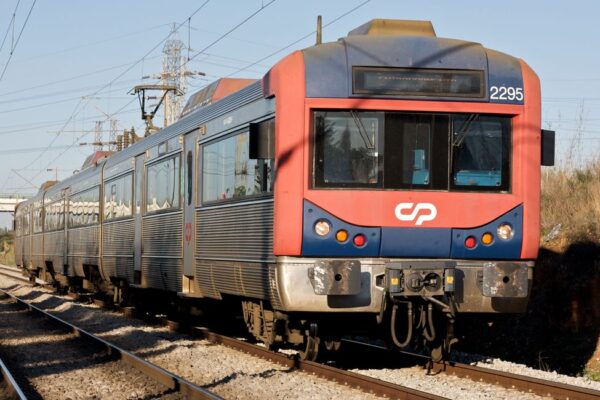Editor’s Note:
For some years now, different European countries have been discussing ways to reduce carbon emissions and align themselves with the climate agenda pushed by activists with strong political influence. In general, policies have been adopted to reduce the choices available to consumers and thus centrally plan European society. The current debate revolves around replacing short-haul flights with train journeys, as discussed in the following article.
In Brazil, the issues of civil aviation and railways have also been heated up this year. On the one hand, there are rumors of a return to the old project to create a bullet train connecting São Paulo and Rio de Janeiro. On the other hand, recent interventions at airports have reduced consumer options and hindered airlines. The climate agenda is gradually being imposed in Brazil. Therefore, it is important to look to Europe to understand the negative consequences for freedom.
______________________
Aviation represents what most progressives despise: freedom of mobility, ease of trade and openness to the world around us.
Commercial aviation, especially with the popularization of low-cost airlines , is also proof that the market regulates itself without needing state intervention: in fact, after the liberalization of low-cost airlines in Europe, there was an 80% decline in fares, obviously benefiting the end consumer.
Consumer accessibility to flying also takes passengers away from the only “ecological” alternative that could replace aviation: the railway.
Railways in Portugal are a complex issue that successive governments have tried to keep under wraps. There is an effort to turn the public company Comboios de Portugal (CP), which is unable to meet demand, into a monopoly. Pedro Marques, Pedro Nuno Santos and João Galamba, the last three Ministers of Infrastructure, have stated that they are not protecting national interests, but rather CP, openly and shamelessly stating that the aim is to protect it from a competitive market, even going against European Union guidelines.
This means that a simple trip to Madrid is not feasible by train, connections to the rest of Europe via the same route become impossible and, to the “national socialist” delight, we are even going to build a high-speed line, on a gauge that only Portugal uses.
Thus, commercial aviation is still the easiest and most affordable way to transport Portuguese people to Europe. There is no choice and it is even convenient that this issue is rarely mentioned, leaving only ecological virtue signaling for a few more taxes and increases in the Single Circulation Tax (IUC).
Unfortunately, in countries where this choice exists, there is a real war against commercial aviation in favor of… decarbonization. Really?
In France, journeys that can be made by train in less than two and a half hours will no longer be possible by plane. An end to freedom of choice and an open attack on airlines… in favour of the state-owned company SNCF.
Sweden, too, thanks to the “ flight shame ” movement initiated by Greta Thunberg, has imposed high tariffs on airlines that have not invested in more expensive, lower-emission aircraft and alternative fuels. The burden of these taxes will obviously be borne by the end consumer, who may forgo these trips (as intended) and see a sector that was increasingly accessible due to its liberalisation become once again a privilege for the more fortunate.
Spain has also promised to follow in France’s footsteps, in the event of an agreement for the next left-wing government: banning flights if there is a rail alternative.
All these measures undermine freedom of choice. In the Portuguese case, there is no choice because there are no trains available. But when there are alternatives, it is up to the individual to decide which transport suits them best and how much they want to pay, according to what they value most.
There can and should be incentives (not setbacks) to ensure that mobility in Europe is truly free. Rail, aviation and other transport must be able to compete with each other for consumer preference, not because of state impositions.
If commercial aviation is still king, let the market regulate itself.


